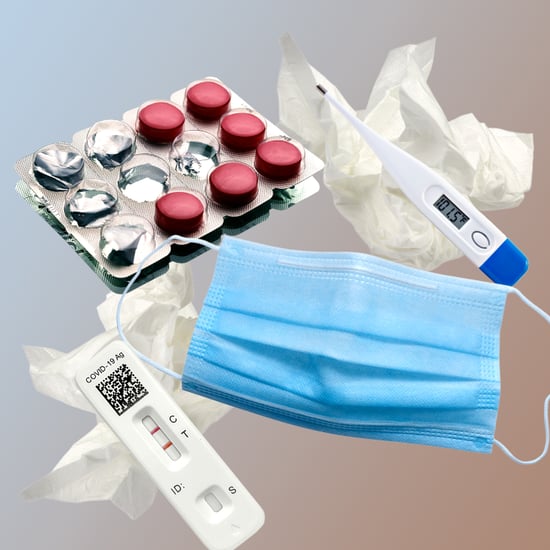Is It a Cold or the Flu?
How to Tell If You Have a "Just a Cold" or the Flu
It's that time of year where we wash our hands like crazy to prevent getting a cold or the flu, but sometimes, the inevitable happens. Here's what you need to know to determine which illness you have so you can treat it the right way and start feeling better.

Note that not everyone will experience these symptoms:
| Cold | Flu (Influenza) | |
|---|---|---|
| Fever | Low-grade or no fever | 100.4 degrees or higher |
| Chills | Uncommon | Common |
| Aches and Pains | Mild | Usual and often severe |
| Headache | Mild | Common |
| Nasal Congestion | Common | Common |
| Sore throat | Common | Common |
| Fatigue | Mild | Common |
| Cough | Common | Common, dry, persistent |
| Complications | Ear infections, Sinus infections, Asthma flare-ups | Ear infections, Asthma flare-ups, Pneumonia, Bronchitis, Heart problems |
| Illness Duration | Symptoms come on gradually and last 7 to 10 days | Symptoms come on suddenly and last 1 to 2 weeks |
| Treatment | Rest, drink fluids, avoid contact with others. Over-the-counter medications can alleviate symptoms but won't cure your cold. | Rest, drink fluids, avoid contact with others. Taking antiviral drugs within 48 hours after first symptoms can reduce the duration of the illness. |
Basically, flu symptoms are more severe than cold symptoms. They come on suddenly and leave you feeling much worse and unable to do anything but sleep. Colds are much more common than the flu, and getting a flu shot can cut down your chances even more.
Whether you have a cold or the flu, if symptoms last longer than the expected duration or you're at risk for complications, make an appointment with your doctor.








